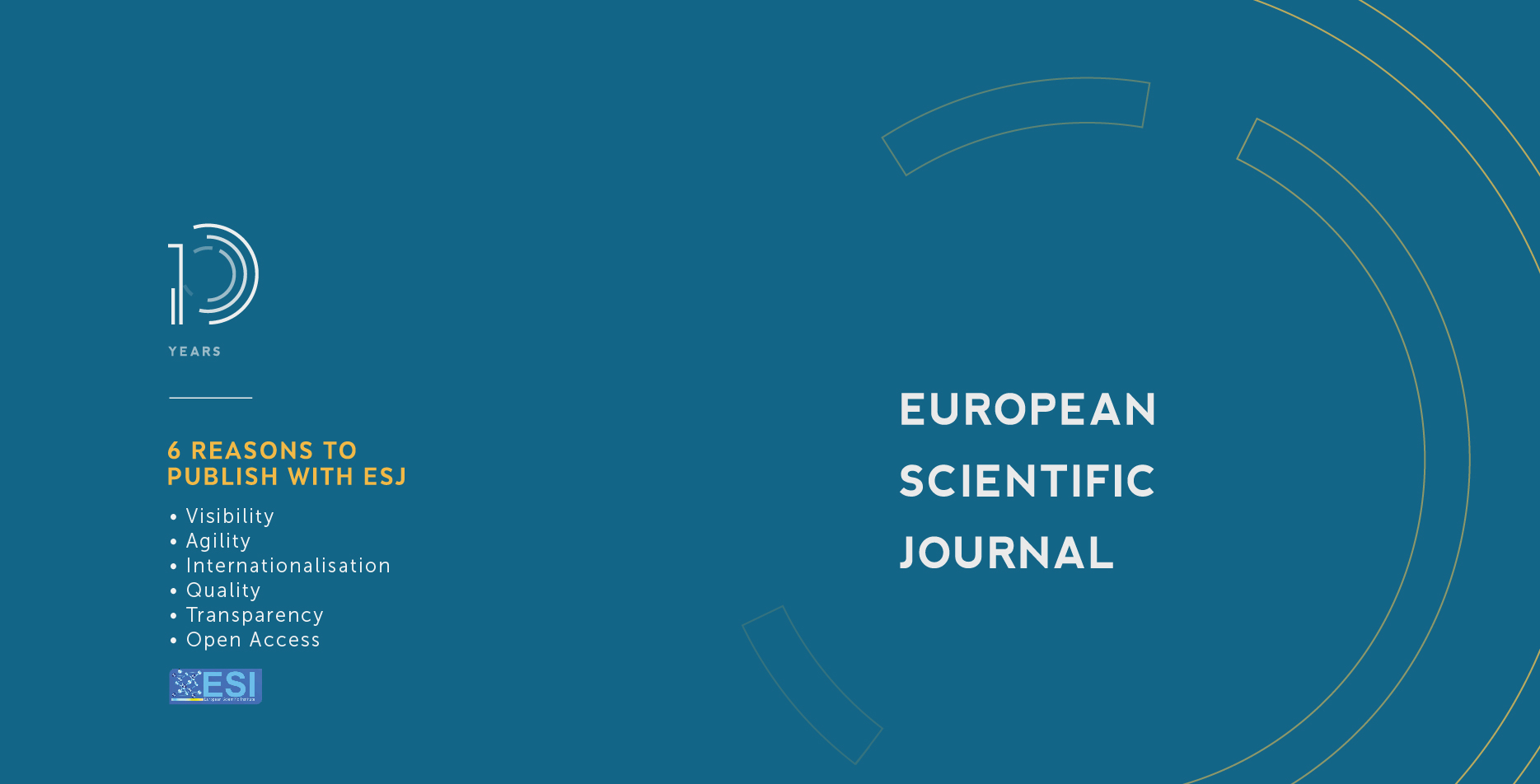The Effect of Data-Driven Learning of Grammar on Georgian EFL University Students’ Grammar Achievement
Abstract
The purpose of this study is to investigate the effect of Data-Driven Learning of grammar on Georgian English as a Foreign Language (EFL) University students’ grammar achievement. The study used a quasiexperimental research design with a quantitative approach. The sample of the research was 44 Georgian EFL students of Sokhumi State University, divided into experimental and control groups with 22 students in each. The experimental group was instructed English grammar using the Data-Driven Learning method and the control group was taught by conventional, explicit grammar teaching approach. The result of the paired-samples T-test showed that there was a significant difference in the scores for the control group (M=62.13, SD=14.46) and experimental group (M=1.5, SD=0.58) conditions; t=8.3, df=3, significance p=0.003<0.05. Thus, the difference between control and experimental group achievements was statistically valuable, Data-Driven group students achieved significantly higher results than the traditional teaching group students. A questionnaire was applied to evaluate experimental group students’ perceptions of the Data-Driven Learning method. The results showed that students felt positive about the DDL method. Based on students‘ achievements and evaluation of the method, it can be inferred that Data-Driven Grammar Learning is an effective grammar instruction method. It builds a student-centered learning environment with improved classroom interaction, enhanced autonomous learning, and increased student engagement. It offers real-life language exploration possibilities and a skills-oriented grammar teaching process.
Downloads
PlumX Statistics
Copyright (c) 2021 Nino Tsulaia

This work is licensed under a Creative Commons Attribution-NonCommercial-NoDerivatives 4.0 International License.








